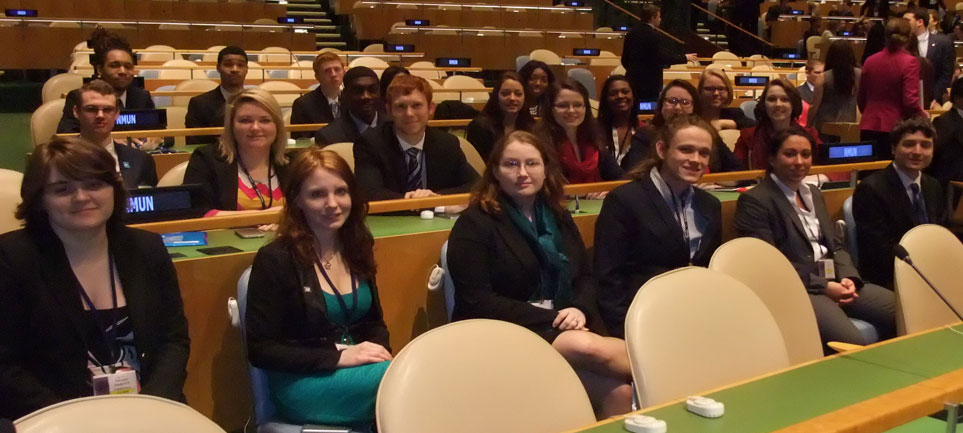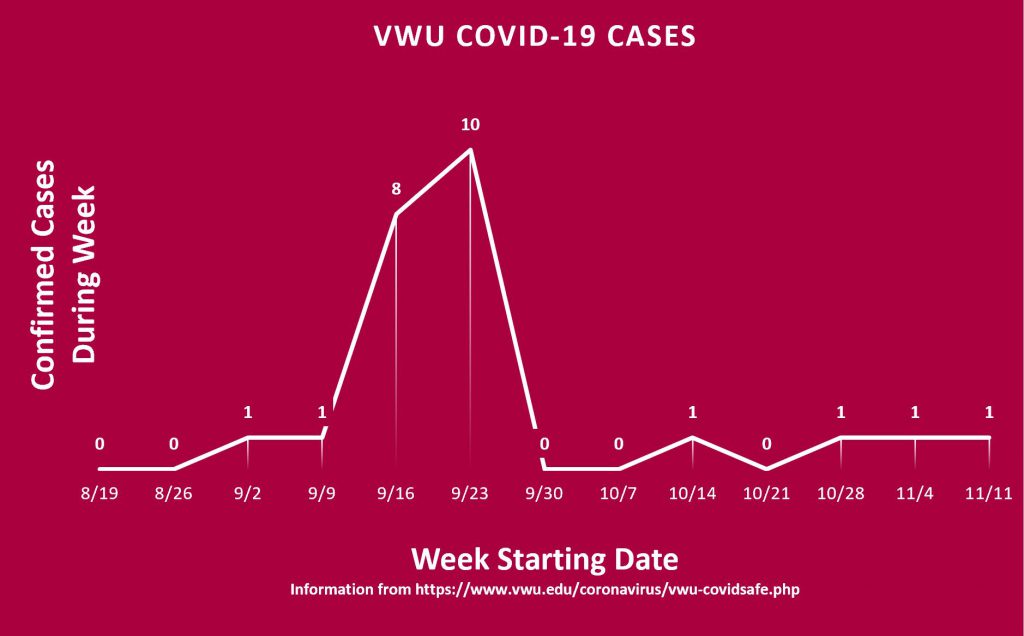Kyla Robberecht|Marlin Chronicle
To increase accessibility, Student Success is rolling out a plan to automatically include all textbook purchases for students in tuition.
Books will be included in the tuition, effective in fall semester 2025, according to an email sent by Student Success on March 12.
This means the process for acquiring books will be quicker and less expensive upfront, according to the email.
The new policy, “The Virginia Wesleyan Equitable Textbook Access Plan,” will require professors to select required materials before the first day of classes, with physical books ready for pickup at the bookstore and digital materials available in the student portal.
“The University partnered with Akademos a few years ago to offer online textbook resources,” Crit Muniz, associate vice president for Student Success, said. He said this partnership received a positive response, which incentivized the new plan.
Muniz said the plan will focus more on implementing e-textbooks: “partnering with reputable online educational resource providers, we are helping to reduce costs, improve accessibility and remove barriers that may hinder student learning.”
“I don’t believe that education should be hidden behind a paywall of any variety,” English major and junior Meadow Schmitt said.
She said textbooks included in tuition would be beneficial for some students. “It should be an option, though, and not something that is forced onto everyone.”
Schmitt said she has found that alternatives to the online bookstore are cheaper. “I enjoy supporting my local bookshops or other college students, and I would rather pay my own money that I’ve gotten through working to get those textbooks.”
With the focus of e-textbooks, Muniz said there are a couple considerations, including cost. “Costs of e-textbooks are much lower than hard copies of texts [and …] significantly more environmentally friendly, which better fits the goals of the VWU community.”
Regarding the cost of textbooks across majors, Schmitt said, “I think there would absolutely be a huge discrepancy, especially for Media & Communication, General Studies and even STEM classes, especially since I know a lot of the STEM classes have books that require them to be new.”
“I took a Gender and Women’s Studies class and that textbook was over $200 compared to the over $100 textbook for my Media & Communication,” Schmitt said.
Computer Science major and sophomore Mason Medina said he was also concerned that tuition might be raised, and be raised unequally across majors.
“I think it’s a good thing,” History major and sophomore Lucas Gordon said. “We pay a lot in tuition. It’s really helpful to financial aid,” Gordon said. “It definitely affects different majors more than others.”
“The inclusion of textbooks does not impact a student’s tuition rate based on their academic major,” Muniz said. “However, course-specific supplementary fees, including laboratory expenses and other specialized class-related charges, will continue to be assessed according to individual program requirements.”
Muniz said that with tuition rates established annually by the University Board of Trustees, there are “potentially incorporat[ed] comprehensive considerations including anticipated educational resource expenses such as textbook provisions.”
Medina suggested an option, similarly to Schmitt. “I just hope I can choose what I can put on my tuition,” he said. “I’m concerned that these books are added on to my tuition without giving me a choice to opt out of it, especially given that the textbook prices on our school store are more expensive compared to some other retailers,” Medina said.
Medina mentioned an additional concern: “a lot of the books that I get are recommended, not required, and this might also unnecessarily increase the cost of my education.”
Muniz said to ensure success, “We will be working closely with the faculty and our online bookstore partner to determine the texts needed for students.”
“[T]extbooks are a hassle, expensive and, in most cases, irrelevant to learning if you have a genuine interest and/or reason to learn the content,” Medina said. “There are just so many other resources at our disposal.”
Brittany Perry, Media & Communication major and U.S. Navy veteran, has stipends that cover the costs of her textbooks and other class materials. Perry said she is not sure if the stipends will be affected by this change. She said there was “only six months heads up on a change.”
Perry also said she prefers hard-copy books. “I do not appreciate that everything is going to be forced digital,” Perry said. “If I wanted to purchase a hard copy book on my own, now it is going to come out of my own pocket.”
She said she understood the environmental benefit of using e-textbooks, but “hard copies should be kept because technology [has] so many distractions.”
“Better accessibility for all students to the materials needed for their courses can only be seen as a positive,” Muniz said. He said the campus community is committed to student success.
By Isaac Fick


